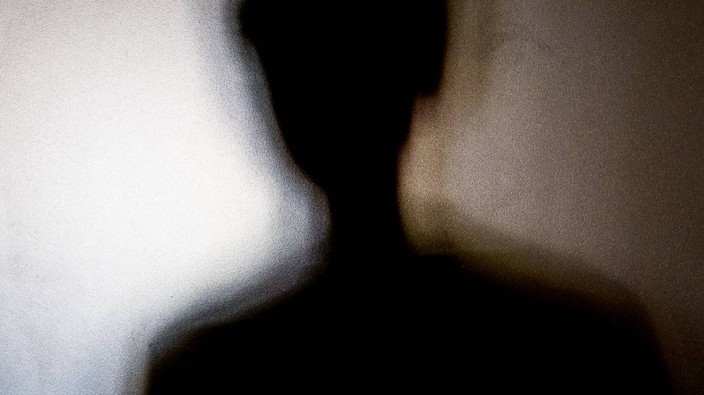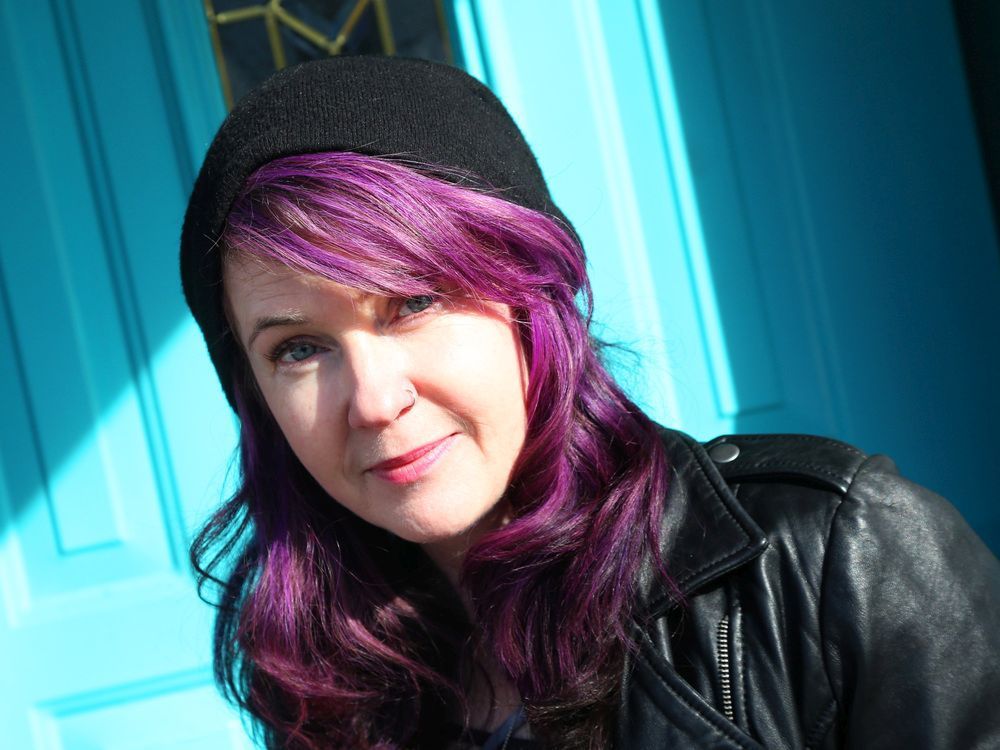this interview has been edited for length and clarity.
what is your earliest memory of restricting food?
the earliest memory i have of restricting is from when i was eight years old. i just wouldn’t eat anything that my mother was sending to school and the only thing i would eat was saltine crackers.
when were you diagnosed?
i was diagnosed with anorexia purge subtype in may 2010 when i was 28 years old, but i still thought it was just normal behaviour. i was in denial until i had my first heart attack in june 2010. at that point i was scared because what i thought i had control over i realized had control over me. my eating disorder had compromised my job, my family, my children — it compromised every single aspect of my life that i thought i had control over.
the symptoms of eating disorders often morph over time. i had been restricting food since i was a kid, but after i had my second son at 24, i also started to purge anything i’d eat.
i’ve also been diagnosed with complex post-traumatic stress disorder, major depressive disorder and general anxiety disorder.
what has your treatment experience been like?
my first time in treatment was in september 2010 and it was in british columbia. i’ve been in treatment every single year since. i would sometimes try to get my name on a waitlist for outpatient support, but the waitlist is so long that by the time my name came up, i’d be too sick. if i had been able to access care sooner, it might not have gotten to that point. i think people think you can just go to the hospital and get help, but you can’t.
 6 minute read
6 minute read








